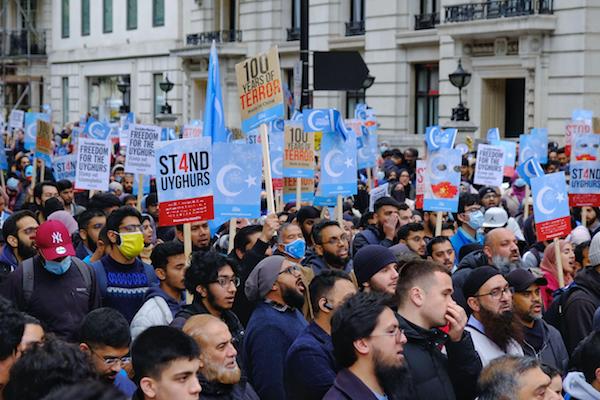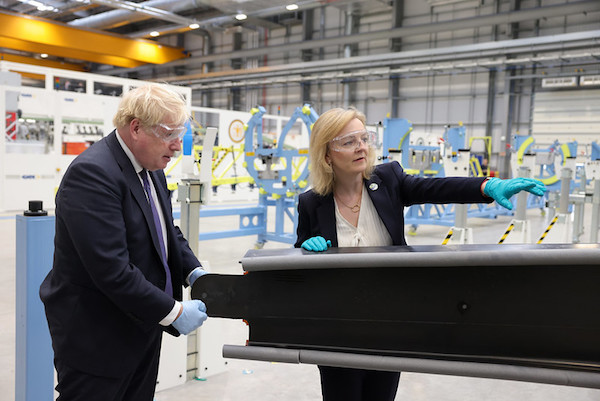It seems the Conservative Party is about to make the same mistake as Labour when it elected Jeremy Corbyn as its leader in 2015. He was the majority choice of the membership in the country, but certainly not of Labour MPs. The same is happening among the Tories: Liz Truss is about to elected as their leader, but her rival Rishi Sunak was the preferred choice of Conservative MPs by some margin.
This was the fundamental flaw in the whole Corbyn/Momentum enterprise, and the reason it ended so badly for them. Labour was in the grip of a theory of democracy which bypassed Parliament and sought legitimacy in a mandate granted by party activists across the country. The Tories do not seem to have a theory of democracy at all, but have blundered into more or less the same space as Corbyn's Labour. Truss will have to try to lead a parliamentary party in the House of Commons, a majority of which had already rejected her. She will face Labour's current leader who does have the backing of his parliamentary colleagues as well as the support of a majority of party members. This is a wholly different dynamic.
Both sides need to reassert that democracy in the United Kingdom means parliamentary democracy and not something else. MPs are elected by their constituents and are answerable to them, even on a daily basis. It is they who will populate the cabinet or shadow cabinet, constituting the government of the day, or the opposition as government-in-waiting. It is they who will forge policies in the crucible of political debate in Westminster.
What we have now is a very strange phenomenon indeed, two rivals for the leadership of the Conservatives who are offering party members rival political manifestos, some overlapping but in crucial respects contradictory. These rival manifesto programmes were scarcely on display when Tory MPs were asked to vote to produce a short list of two, so they cannot claim authority that way. When general elections take place, parties put their offer before the electorate as a whole. These candidates for the highest office in the land have not even put their offers before their own MPs.
Indeed, the case is worse than that. They have been making up policy as they go along, changing from hustings to hustings. What legitimacy can they possibly claim? Most Tory party members have already voted, it appears, so their vote cannot be interpreted as an endorsement of whatever new idea one or other candidate might come up with. They have both just rejected Labour's new proposal for a freeze on energy prices, which was not conceived when the leadership campaign started nor even when most party members cast their vote.
It may have been nobody's intention, but the net result is an appalling undermining of democracy as a principle, and parliamentary democracy specifically. What adds to the offence is that both candidates have campaigned as if they were coming from opposition, repudiating many of the policies of previous Tory governments who were indeed democratically elected by the country as a whole. Both candidates served as senior ministers in those past governments, which means they were committed to its policies at the time. Truss is much worse in this respect, treating Sunak as a representative of those past governments while at the same time claiming to be the continuity candidate, carrying forward the mandate of Boris Johnson.
Jeremy Corbyn's real offence against democracy, and the reason why he never achieved legitimacy as Labour leader, is that he lost a vote of confidence among MPs by a wide margin but did not then resign. This was a public statement that the Labour Party in the country, and the Labour Party in the House of Commons, were two different creatures – and that the latter was subservient to the former. From there on his case was hopeless. It appears that even Sir Keir Starmer himself went along with this theory, as he remained in the shadow cabinet appointed by a leader that the parliamentary party had repudiated.
But at least he has now squared the circle. The Conservatives have turned it into an irregular quadrilateral. They must never be allowed to do this again. The leader of the Conservative Party in the country should be chosen by Tory MPs and no-one else. That is what parliamentary democracy is about. Winston Churchill called it the worst of all systems except for the alternatives. And this is one of the worst of those alternatives.



 Loading ...
Loading ...
What do you think?
You can post as a subscriber user ...
User comments (0)